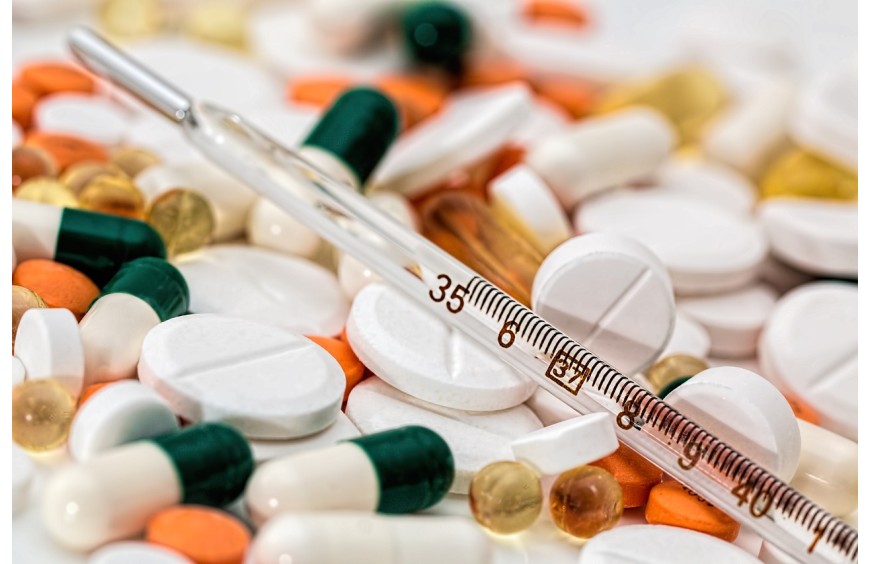Prescription drug safety
Posted by
Feb 13, 2024
Uncategories
0 Comments
Prescription drugs play a crucial role in managing and treating various medical conditions, but it's essential to prioritize safety when using them. Understanding the potential risks and how to mitigate them is key to maintaining your health and well-being. In this guide, we'll delve into important aspects of prescription drug safety to help you make informed decisions and navigate your treatment with confidence.
-
Consultation with Healthcare Provider:
- Always consult with a qualified healthcare provider before starting any new prescription medication. Your healthcare provider will assess your medical history, current medications, allergies, and other relevant factors to determine the most suitable treatment plan.
- Be open and honest about your medical history, including any past adverse reactions to medications or family history of drug sensitivities.
-
Understanding Prescription Labels and Instructions:
- Carefully read the prescription label and accompanying patient information leaflet provided by the pharmacist.
- Pay attention to dosage instructions, frequency of administration, and any special precautions or warnings.
- Seek clarification from your healthcare provider or pharmacist if you have any doubts or concerns about how to take the medication.
-
Medication Interactions:
- Be aware of potential interactions between prescription drugs, over-the-counter medications, herbal supplements, and dietary supplements.
- Inform your healthcare provider about all medications and supplements you are currently taking to avoid harmful interactions.
- Avoid alcohol consumption unless explicitly approved by your healthcare provider, as it can interact with certain medications.
-
Adverse Reactions and Side Effects:
- Monitor your body's response to the medication closely, especially during the initial stages of treatment.
- Report any unexpected or severe side effects to your healthcare provider immediately.
- Be vigilant for signs of allergic reactions, such as rash, swelling, difficulty breathing, or severe dizziness, and seek prompt medical attention if they occur.
-
Compliance with Treatment Plan:
- Adhere to the prescribed dosage and schedule provided by your healthcare provider.
- Do not alter the dosage or discontinue the medication without consulting your healthcare provider, even if you start feeling better.
- Keep track of medication refills and renewal dates to ensure continuous access to your prescribed medication.
-
Proper Storage and Disposal:
- Store prescription medications in a cool, dry place away from direct sunlight and moisture.
- Keep medications out of reach of children and pets to prevent accidental ingestion.
- Dispose of expired or unused medications properly according to local guidelines or through designated medication disposal programs.
-
Regular Follow-up and Monitoring:
- Schedule follow-up appointments with your healthcare provider as recommended to monitor the effectiveness and safety of the medication.
- Be proactive in discussing any concerns or issues related to your medication regimen during these appointments.
- Work collaboratively with your healthcare provider to adjust treatment as needed based on your individual response and changing health status.

Leave a Reply Cancel Reply